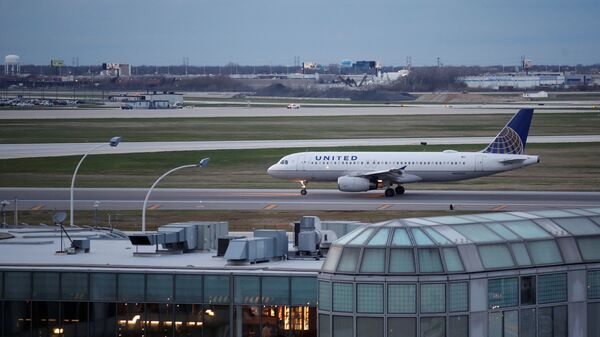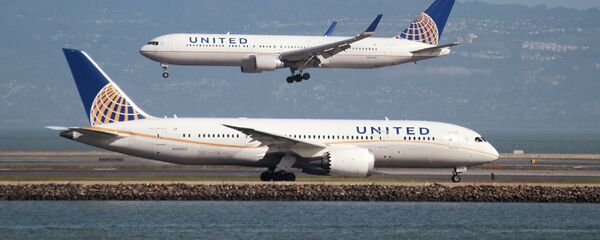A major motivator for the move was the April incident, in which 69-year old David Dao was forcefully dragged from an overbooked plane in Chicago. Dao sustained a concussion and a number of other injuries.
According to Garneau, such actions will not be tolerated in Canada, and people who are paying passengers can not be removed from a plane by force.
"We have all heard recent news reports of shoddy treatment of air passengers," Garneau told reporters. "Such incidents will not be tolerated in Canada. When Canadians buy an airline ticket, they expect the airline to keep its part of the deal."
According to the new set of regulations, air companies will be explicitly banned from forcefully removing passengers. Instead, they will be obliged to offer a minimum compensation for those who volunteer to leave the plane.
If nobody agrees, it will be up to the airline company to raise the compensation, according to CTV.
The airlines will also provide compensation for damaged luggage. Currently, airlines are obliged to compensate for damaged or lost luggage, but each company is free to determine their own figures. Certain changes will be made to address luggage transportation standards, in particular on how musical instruments must be transported.
"There are rules at the moment but they're rather opaque to the average flyer," said Garneau.
New foreign ownership limits for airlines are also included, as it the requirement that railways install voice and video recorders in locomotives and generally improve transparency and efficiency in the freight rail industry
At this stage, the document lacks specifics; in particular, Garneau said he is considering penalties, but there are none in the legislation right now.
However, there is a certain amount of skepticism regarding Garneau's ideas. According to Gabor Lukacs, an air passenger rights advocate, the Canadian Transportation Agency's statistics show it fails to act on complaints. While in 2013-14 the agency acted in 230 cases, in 2015-16 that number fell to 64, despite the Agency receiving roughly the same number of complaints — around 500 — every year, Lukacs said.
"I am profoundly concerned that the same biased body which in the past three, four years completely failed to enforce our rights is going to be in charge of developing regulations and then enforcing them," he said in an interview. "This makes absolutely no sense and this is nothing short of entrusting the fox with guarding the hen house."



